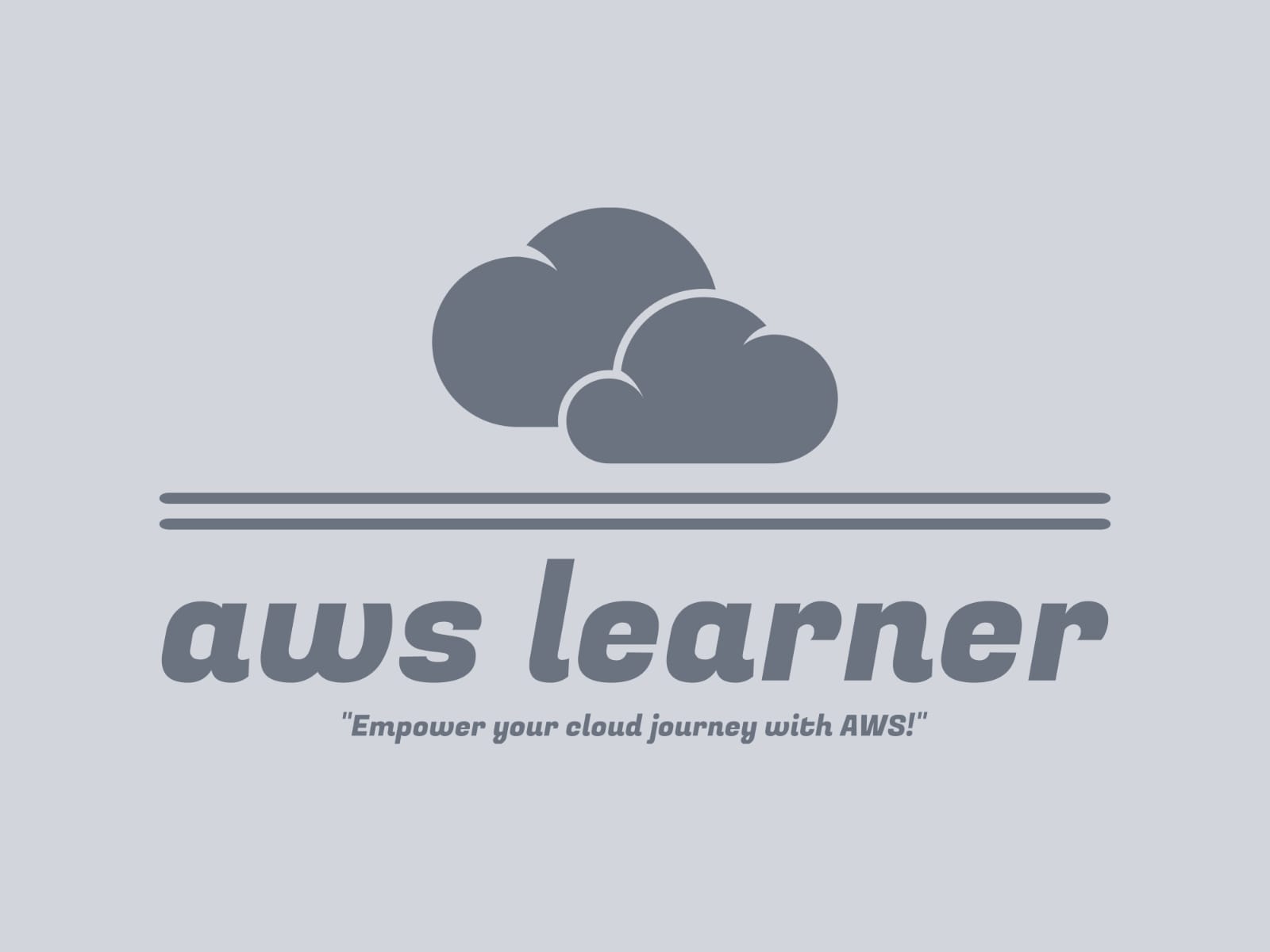Route53 - Concepts -Part2
 Utkarsh Rastogi
Utkarsh Rastogi
Amazon Cloud Concepts Learning --> Day9
Supported DNS Record Types
Types of DNS records that are supported by Route53
A (address record)
AAAA (IPv6 address record)
CNAME (canonical name record)
CAA (certification authority authorization)
MX (mail exchange record)
NAPTR (name authority pointer record)
NS (name server record)
PTR (pointer record)
SOA (start of authority record)
SPF (sender policy framework)
SRV (service locator)
TXT (text record)
Alias (an Amazon Route 53-specific virtual record)
Route53 Hosted Zones
A hosted zone serves as a container for records, which hold details on the traffic routing you wish to use for a particular domain, such api.com, and any of its subdomains (test.api.com, dev.api.com). There are two types of hosting zones
Public Hosted Zone contain records that specify how you want to route traffic on the internet.
Private Hosted Zone contain records that specify how you want to route traffic in an Amazon VPC.
Routing Policies
You select a routing policy when creating a record, and this policy dictates how Amazon Route 53 handles queries:
Simple Routing Policy
Use for a single resource that serves a specific purpose for your domain, such as a web server that is responsible for serving content for the example.com website. To generate records in a private hosted zone, utilize basic routing.
Failover Routing Policy
When configuring active-passive failover, use this method. Records in a private hosted zone can be created using failover routing.
Geolocation Routing Policy
Use in situations when you wish to redirect traffic according to user location. In a private hosted zone, records can be created using geolocation routing.
Geoproximity Routing Policy
Use to route traffic based on where your resources are located and, if desired, to move traffic from one location's resources to another. To create records in a private hosted zone, utilize Geoproximity routing.
Latency Routing Policy
Use to route traffic to the AWS Region with the best latency when you have resources spread across several regions. In a private hosted zone, records can be created using latency routing.
IP-Based Routing Policy
Use this when you wish to route traffic depending on user location and know the IP addresses from which the traffic is coming.
Multivalue answer Routing Policy
Use this if you want Route 53 to randomly choose up to eight healthy records in response to DNS requests. In a private hosted zone, records can be created using multivalue answer routing.
Weighted Routing Policy
Use to direct traffic to various resources in the ratios you want. In a private hosted zone, records can be created using weighted routing.
Route53 Limitations
| Entity | Quota |
| Domains | 20* per AWS Account |
| Hosted zones | Initial quota of 500 per AWS Account |
| Records | 10,000 per hosted zone |
(*)- These Quota can be increased
Additional References
https://docs.aws.amazon.com/Route53/latest/DeveloperGuide/ResourceRecordTypes.html
https://docs.aws.amazon.com/Route53/latest/DeveloperGuide/DNSLimitations.html
"Thank you for reading! If you found this blog helpful, don't forget to subscribe for more insightful content. Your support keeps me motivated to bring you valuable insights. Stay updated and never miss out on our latest posts. Feel free to leave comments or suggestions for future topics. Happy learning!"
https://awslearner.hashnode.dev/amazon-web-services-via-category
Subscribe to my newsletter
Read articles from Utkarsh Rastogi directly inside your inbox. Subscribe to the newsletter, and don't miss out.
Written by

Utkarsh Rastogi
Utkarsh Rastogi
👨💻 AWS Cloud Engineer | Around 6 years of Corporate Experience | Driving Innovation in Cloud Solutions 🔧 Day-to-Day Tasks: Specialize in creating AWS infrastructure for Migration Projects. Leveraging services such as S3, SNS, SQS, IAM, Lambda, System Manager, Kinesis, OpenSearch, Cognito, Storage Gateway, Cloud Watch, API Gateway, AWS Event Scheduler, Secret Manager, ECS, Application Load Balancer, VPC among others. Additionally, I excel in crafting Splunk Dashboards and implementing alerting mechanisms for Cloud Watch logs to monitor failures. My approach involves constructing AWS infrastructure using the Serverless framework and Cloud Formation templates, while automating tasks through Boto3 (Python Scripting) Lambdas. 🎯 Passion: I am deeply passionate about continuously learning new technologies and eagerly anticipate the transformative impact of cloud computing on the tech landscape. 📧 Connect: Feel free to reach out to me at awslearningoals@gmail.com. Let's connect and explore potential collaborations! https://www.linkedin.com/in/rastogiutkarsh/